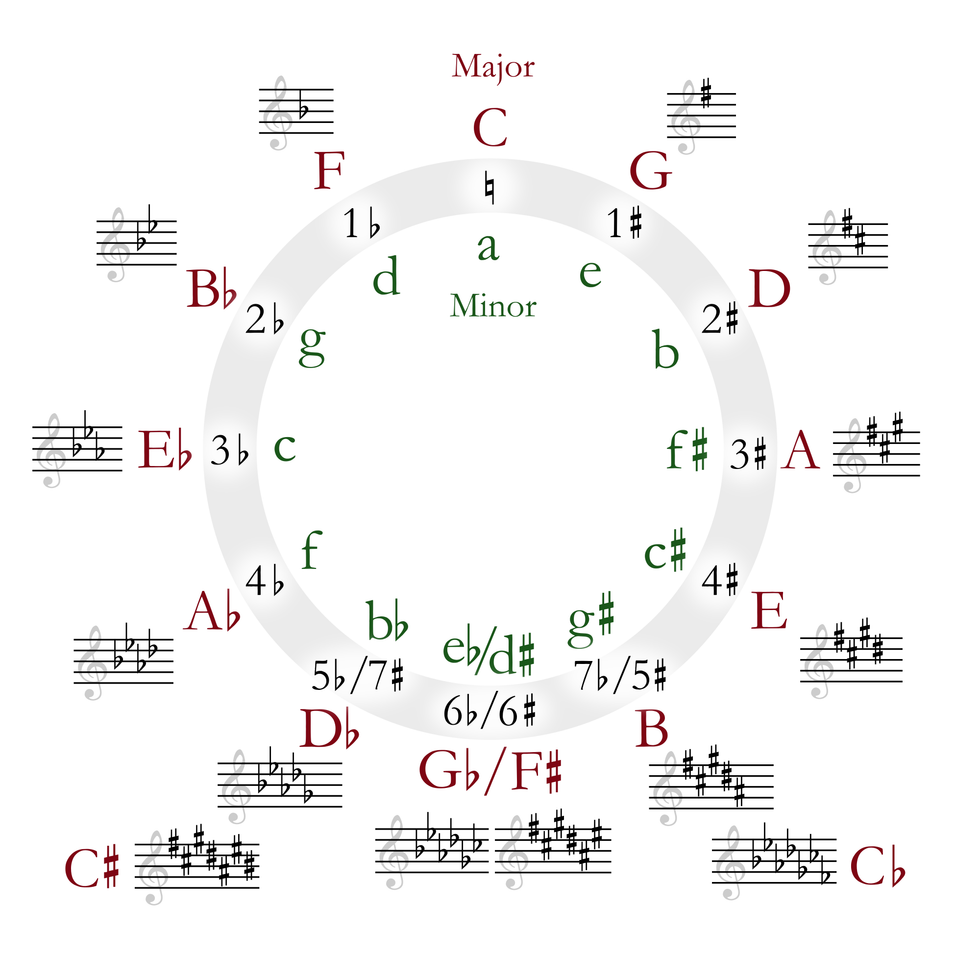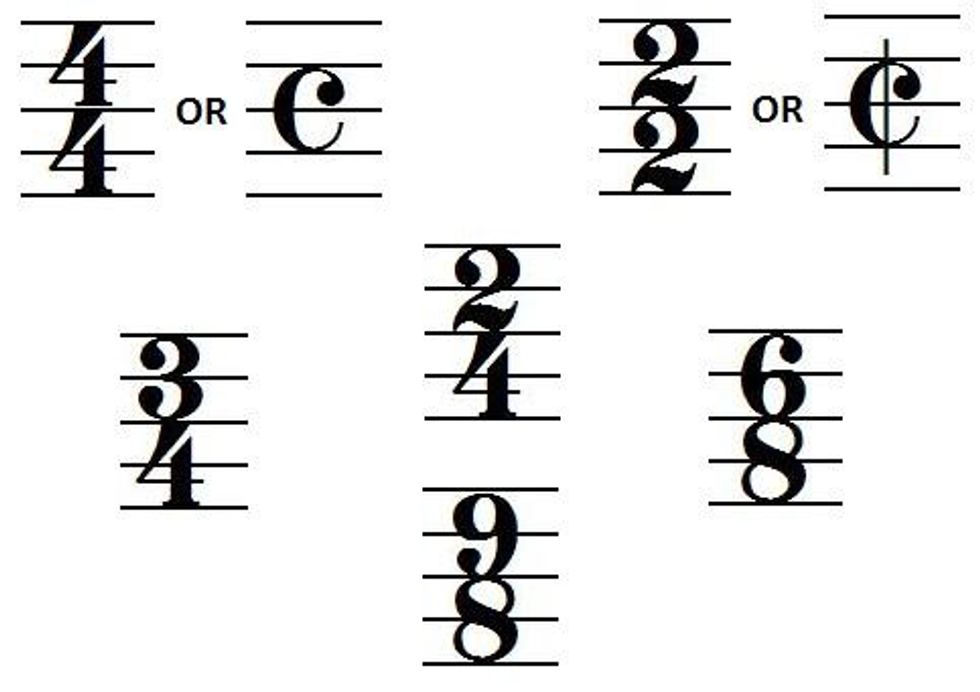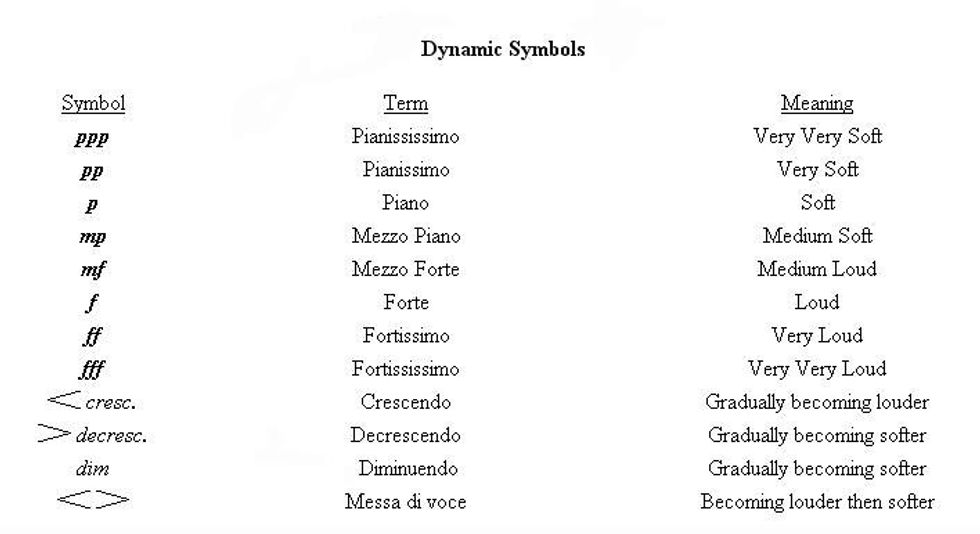Many musicians hate this combination of words when uttered by the director. The death sentence that has been the fall of many an ensemble and makes them still tremble. The cursed art, the horrid act, of sight-reading. Many of you are currently clung to your significant other in hopes that they will save you from such a horrible thing; however, there are things you can do to help survive this act of violence.
Recommended for you
1. Key Signature
This, my friends, is the best thing to look at the second thing on your page and find something that looks a bit one of the outlying pictures. These will help you tell what notes are sharp or flat. This way, you aren't being judged on note quality; but, judged on others things. Just remember, these may change every couple of measures or so.
2. Time Signature
This is another very important thing to look for in a song. These are, in an elementary definition, where the top number is how many are in the measure and the bottom is what kind of note gets the beat (i.e.: 8=Eighth Note, 4=Quarter Note). Also, the composer will likely throw out time changes just to mess with you and make you cry. For example, one of my favorite songs by composer John Zdechlik is "Chorale and Shaker Dance" and will change the key signature every 15 measures, then 4, then 6 and so on and so forth.
3. Tempo Marking
These can be either a gift from God or a sentence from Satan. The tempo marking will tell you how fast the song will go, and this can be extremely hard either way. Even at a tempo marking of 60 beats per minute, it will start to make things complicated when it is, inevitably followed by the word Legato, meaning smooth and flowing without breaks between notes. Just watch your conductor and you should be, moderately, ok.
4. Dynamic Markings
This is really important or not important at all, depending on your director and/or judge at contest. When sight reading, I always try and make sure that I go by these markings and make them as clear as I can; however, when tempos seem to keep climbing into the 140's, it tends to be a bit difficult. That's when you also, watch the director.
5. Focus on the Director
This is the one thing on this list that will be the difference of your life and getting stabbed by a baton at the end of sight reading. If you watch what the director is doing, as well as listen to what they say before you have started the piece, you will turn out perfectly fine. Those of you in a high school band going to OMEA Large Group Contest, take heed as to what the director has to say in those short two minutes.
This is a very scary part of musicianship; however, I have given you the key to being able to fly through a piece by the seat of your pants and come out on the other side only moderately maimed. Have fun with your music and hopefully you don't meet the end of your music career with a baton through your skull because you didn't watch the band director.






















